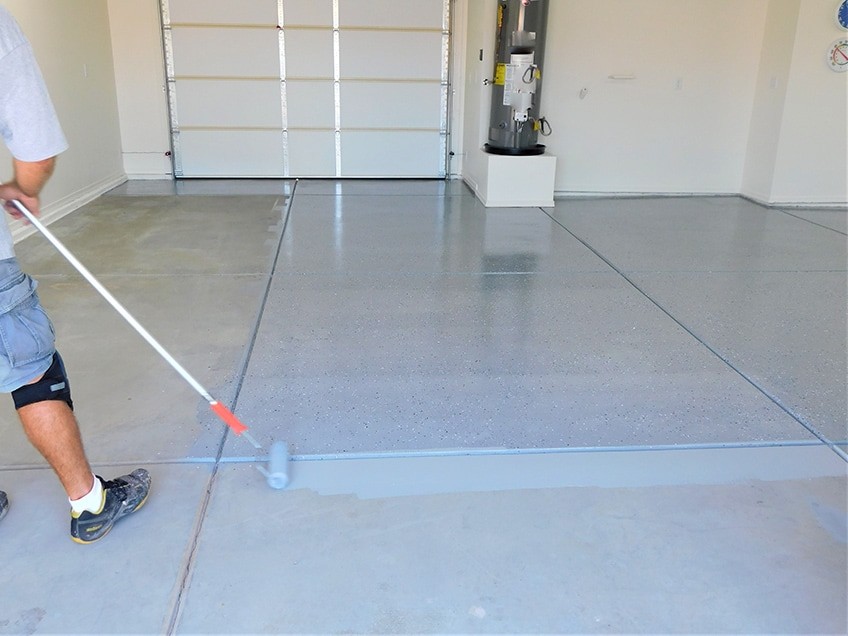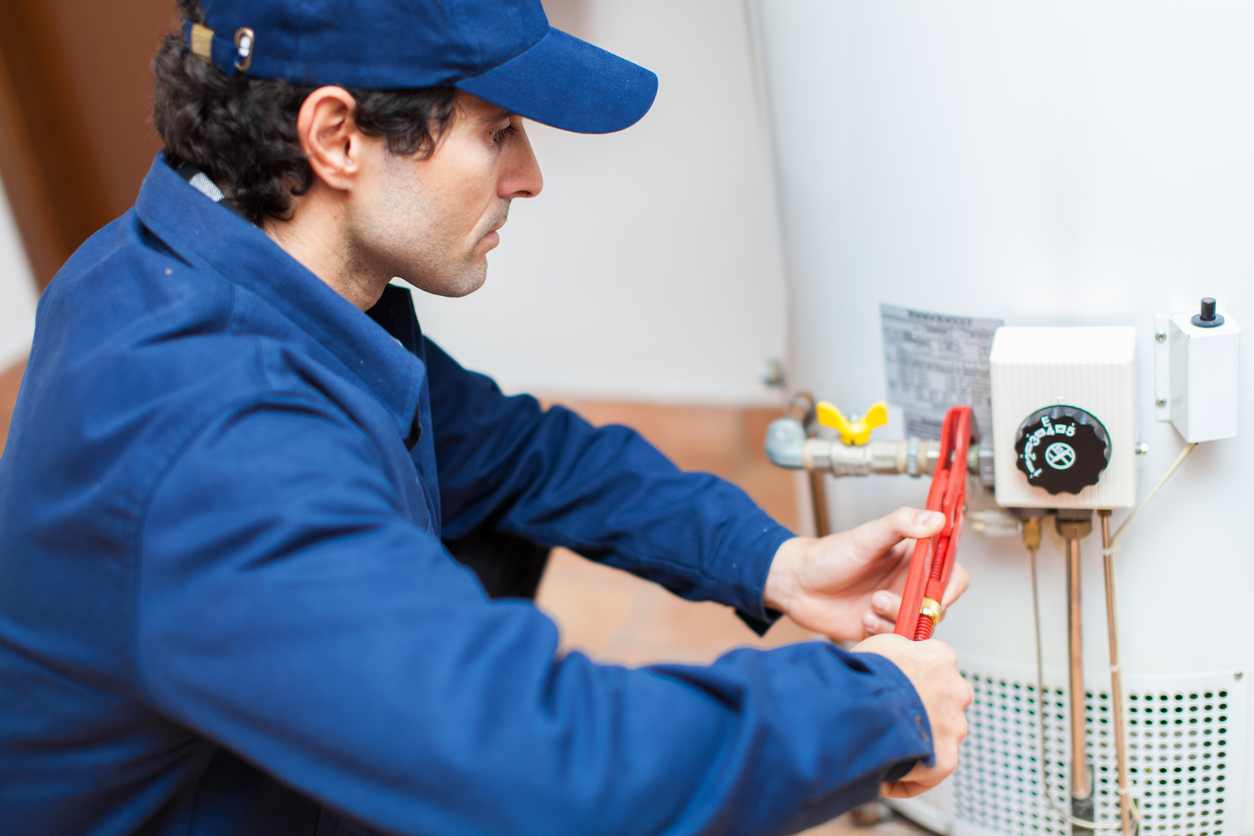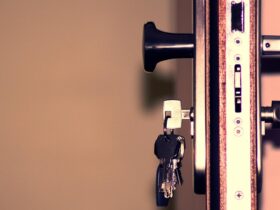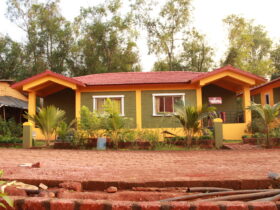The epoxy floor garage is widely used because it has a smooth finish, seamless, dense, impenetrable and good stain resistance. In addition, its use provides easy maintenance and cleaning, which is why this type of floor is also a good choice for use in laboratories, hospitals and electronic assembly areas, etc.
Characteristics of the epoxy floor
As an excellent alternative in garages and basements where differentiated aesthetics are required, basement epoxy flooring is regularly used in places with medium traffic. The advantage is that the product offers a glossy or non-slip finish that the customer can choose. The epoxy floor for garages comes with a coat of coating depending on the base where it will be applied, ranging from one to four mm. This epoxy garage floor has a pleasing aesthetic, creates a protective layer on the concrete, and saves water.
This kind of character is very crucial for basements. The finish can be in different colours to provide a result suitable for the place of application. When made by a specialized garage floor Vancouver Company, an epoxy floor for the garage must have a curing time of at least 12 hours for light traffic, being wholly released after 24 hours. It is essential that the company, when performing this service becomes a reference in the market.
An affordable option
Do you know that floor that looks like a kind of shiny rubber you see in many public places? That is what we are talking about, epoxy flooring. Widely used in indoor spaces for general use and despite being relatively easy to do, resin application professionals should carry out its application. Some techniques must be mastered. Furthermore, there are different types of continuous coating that require extra care. The floor must be properly prepared, clean and smooth.
Epoxy flooring variants
Professionals consider epoxy resin as the preferred and standard choice for large and industrial flooring. Highly resistant and with endless customization possibilities, this type of resin can have three different variations – aqueous enamel (water-based), solvent-based coating, and 100% solid base. The first two are ideal coatings for interior environments. The latter is the most suitable for industrial floors, given its excellent adhesion and high resistance. The second most common type of this continuous coating is a polyurethane resin.
Hygienic and UV resistant
Epoxy resin can be applied outdoors as long as aliphatic components are added to increase resistance to UV rays. Briefly and succinctly, the difference between these two types of resin is in their composition and price. Epoxy resin is best suited for indoor floors and everyday and domestic use. Polyurethane epoxy has exceptional durability and a value per square meter that can be up to double. You can apply epoxy resin to any area of the house.










